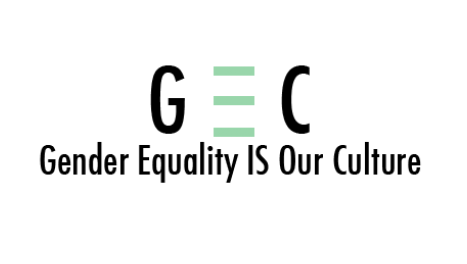-
Advocacy Theme
-
Tags
- Abortion
- Adoption
- Caregiving
- CEDAW
- Disability
- Domestic Violence
- Domestic Workers
- Harassment
- Healthcare
- Housing
- International/Regional Work
- Maintenance
- Media
- Migrant Spouses
- Migrant Workers
- Muslim Law
- National budget
- Parental Leave
- Parenthood
- Polygamy
- Population
- Race and religion
- Sexual Violence
- Sexuality Education
- Single Parents
- Social Support
- Sterilisation
- Women's Charter
Ramadan Talks 2017
May 11th, 2017 | Events, Muslim Women's Rights, News

Gender Equality is Our Culture project (GEC) presents Ramadan Talks 2017! We will be holding a 2-part series of presentations and discussions about issues in the Muslim community.
Food and prayer space will be provided.
Event details
Thursdays, 1 & 8 June 2017
SCWO Centre, 96 Waterloo St
7PM to 9.30PM
Ticket
Individual: $6/session
Pair: $10/session
Special discount for students!
Individual: $3/session
Pair: $5/session
Please contact Filzah (filzah@aware.org.sg) to register for the student rate or if you have any concerns regarding the ticket fee.
Session 1 (1 June): Marriage Education in Singapore and Malaysia – Gender Role Expectations in Islamic Family
by Assoc Prof Maznah Mohamad, Dr Suriani Suratman & Nurul Fadiah Johari
This talk is based on the speakers’ on-going research on Muslim Marriage and Parenthood Education in Malaysia and Singapore. They will present the syllabus of marriage preparatory courses pertaining to gender roles. They will also share findings of observations of these courses as well as interviews with the directors of Singapore operators of marriage programmes.
Register here!
Session 2 (8 June): Understanding teenage pregnancy & marriage
by Babes & Assoc Prof Noor Aisha Abdul Rahman
Babes will present on teenage pregnancy. (More info on Babe’s presentation coming soon)
A/P Noor Aisha will present on Teenage Marriage within the Malay/Muslim Community of Singapore. Teenage marriage within the Malay community of Singapore has come under national spotlight as part of the growing concern with the phenomenon of “dysfunctional families” within the community and its adverse ramifications on the larger society. Although the phenomenon (including teenage childbearing), has been the subject of serious investigations in western societies, systematic research within the context of Singapore generally and the Malay community in particular, remains scarce. This presentation which is based on two studies conducted on young couples who tied the knot in their teenage years is a preliminary attempt to address the lacuna. It highlights the problem of incongruence between the causes of the phenomenon in dominant discourse viz-a-viz actual factors predisposing Malay adolescents to tie the knot. The extent to which dominant perceptions of the phenomenon impact upon current policies and programs aimed at ameliorating it will also be discussed. The presentation will also address the need for evidence based research as basis for preventive and remedial measures to ameliorate the problem and strengthen resilience of teenage marriages.



